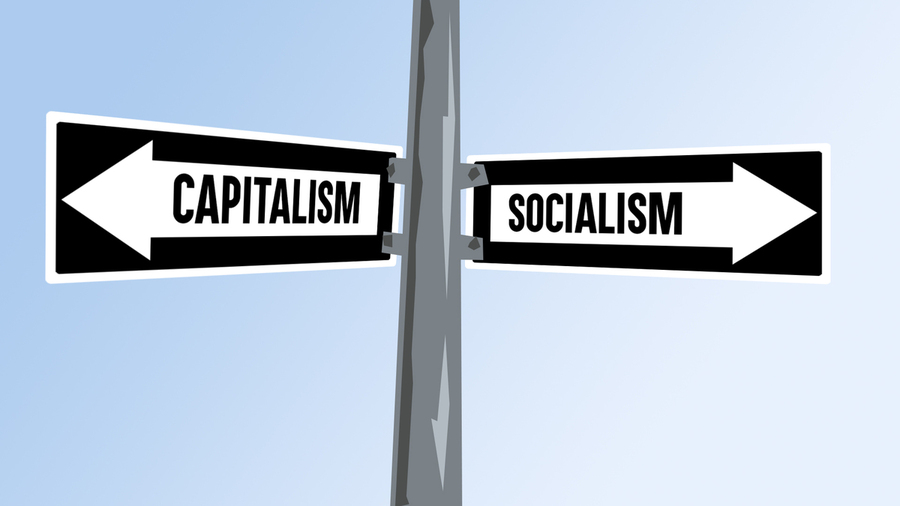Regarding the future of Iran during Jina's revolution, only the importance of political democracy has been mentioned and the economic aspect, which refers to a free economic system, has been forgotten. No one doubts the importance of political democracy, but it is incomplete without a free economic system. Economic and political systems are deeply and directly related to each other. The development of economic freedom leads to the development of democracy.
Most parties, organizations, and personalities, in terms of emotion and ignorance, talk about the socialist economy, which is a form of state economy for the future, and are unaware that the socialist economic system, in theory, practice, and experience, is a failed system and is useless.
The result of a socialist economic system is the dictatorship of the planning and powerful group, as exemplified by the experiences of the former Soviet Union, Maoist China, East Germany, and other socialist European countries before the 1980s, and present-day North Korea. The experience of these countries shows that the socialist economy produces the opposite of its slogans and has led to extreme poverty and inequality, regress, and eventual economic collapse. Politically, these countries are classified as dictatorial countries and because of the dictatorship of the proletariat killed about 110 million innocent people on charges of anti-revolution and anti-communism and left a black page in their history.
Iran's economic system is a state system (although it uses the free market in its daily affairs) and the regime's leader, Ali Khamenei, and the Revolutionary Guards own and control more than 80 percent of the economy and defend that undemocratic political system. The private sector has no role in this system and private ownership is licensed and respected as long as the Revolutionary Guards agree. Therefore, there are no financial resources outside the Revolutionary Guards' economy to provide civil activities, which made civil activities unbearable. If they endure, they will be prosecuted on charges of being supported by foreign sources.
In a socialist state economy, because the financial resources are in the control of the state, impartial and responsible media and journalists, honest politicians, genuine parties, popular parliamentarians, and civil society, in general, do not emerge because there is no private sector to rely on financially; the economy is state-owned and if they turn to it, how can the government help them against itself? What exists is either for or against it. Therefore, the state economy is in itself against any kind of freedom and prevents the means of freedom from emerging and dries them up at the root.
A free economy dominated by the private sector means that it is strong in the eyes of the people and monitors the government, supports intellectuals, journalists, thinkers, NGOs, and parties outside the government, supports civil society, and develops democracy. The private sector, which is the main characteristic of the free market, monitors the government and plays a balancing role. Without a free economy, the survival of a democratic system cannot be guaranteed. Therefore, a free economy and political democracy are two sides of the scale of freedom and a free economy should be discussed as a basic necessity for future democracy. Forgetting this scale pan of freedom makes Iran's future unclear.









